Table of Contents
Do you suffer from allergies? Many people do, and that’s why finding a hypoallergenic dog can be so important. Not all dogs trigger allergies, however, there are a number of breeds that are considered to be hypoallergenic. In this article, we will discuss the top 10 hypoallergenic small dogs. So if you’re in the market for a small dog that won’t make your allergies flare up, read on!
1. Bichon Frise
The Bichon Frise is a small, hypoallergenic dog breed that is perfect for people with allergies. Bichon Frises are known for their cheerful dispositions and love of attention. They are also very intelligent and easily trained.
Bichon Frises need a lot of human interaction and do not do well if left alone for long periods of time. They are active dogs and need daily exercise, but a short walk or play session will suffice.
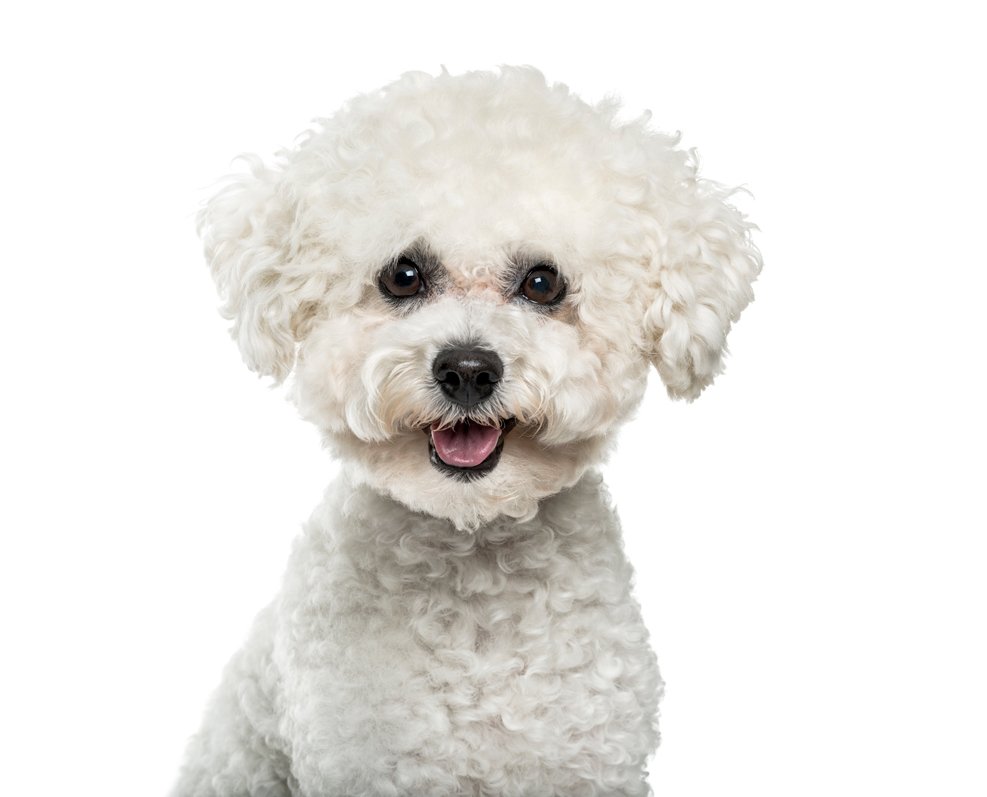
Bichon Frises are relatively easy to care for and only require occasional brushing and bathing. They are also very low-shedding, making them an ideal breed for people with allergies.
If you are looking for a small, hypoallergenic dog breed that is loving and easy to care for, the Bichon Frise is the perfect choice for you.
2. Poodle
The poodle is a hypoallergenic small dog that is available in three sizes: Standard, Miniature, and Toy. The Standard Poodle is the largest of the three, standing at 15 inches tall and weighing between 40 and 70 pounds. The Miniature Poodle stands at 11 to 15 inches tall and weighs between 15 and 17 pounds. The Toy Poodle is the smallest of the three, standing at under 11 inches tall and weighing between six and nine pounds.
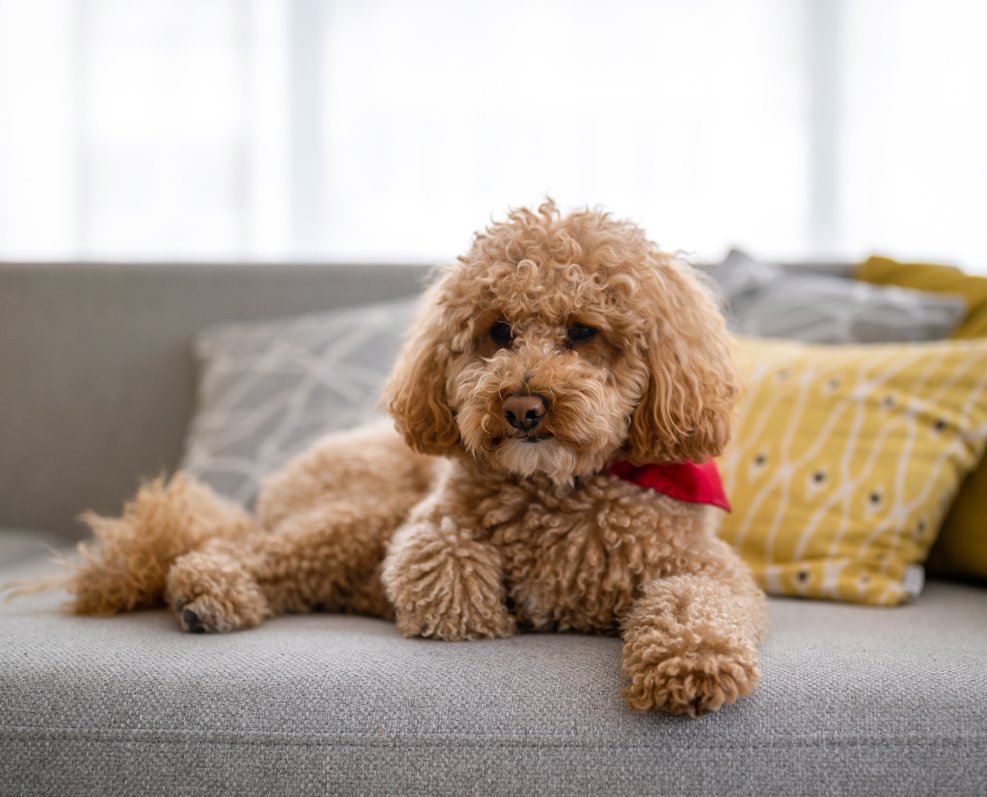
Poodles are highly intelligent, active dogs that are easy to train. They are good with children and other animals but can be suspicious of strangers. Poodles need to be clipped and groomed regularly. They prefer to live in a home with a yard, but can also do well in an apartment if they are given enough exercise.
Poodles love to play fetch and will often retrieve toys or balls that have been thrown for them. They also enjoy going for walks and hikes. Poodles should be fed high-quality dog food that is formulated for their active lifestyle.
3. Maltese
The Maltese is a small, hypoallergenic dog breed that is known for its silky white coat. These dogs are gentle and loving and make great companion animals. They do not require a lot of exercise but enjoy walks and playtime.
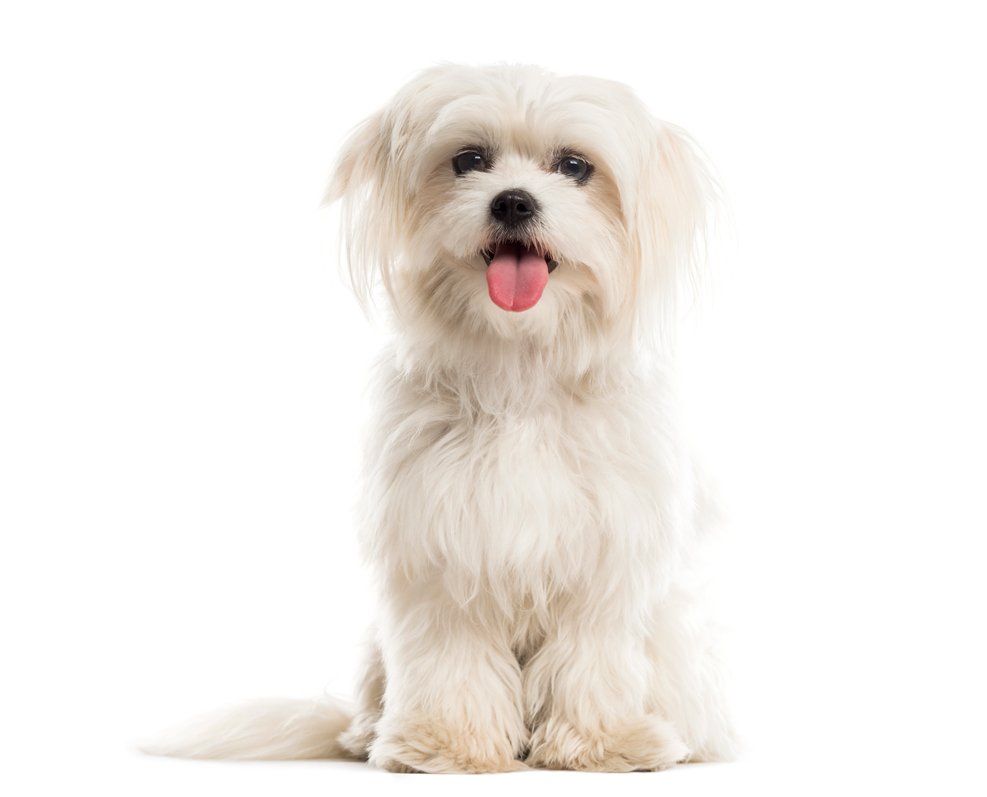
Maltese are prone to separation anxiety, so it is important to provide them with plenty of love and attention. These dogs do best on a high-quality diet and prefer to live in a calm, quiet environment.
4. Cocker Spaniel
Cocker spaniels are small, cheerful dogs that make great family pets. They are loving and affectionate and love to play fetch and go for walks. Cockers should be brushed regularly to prevent mats from forming in their fur. They should also be bathed regularly, and have their nails trimmed on a monthly basis. They are relatively low-maintenance dogs and are a good choice for families with allergies.
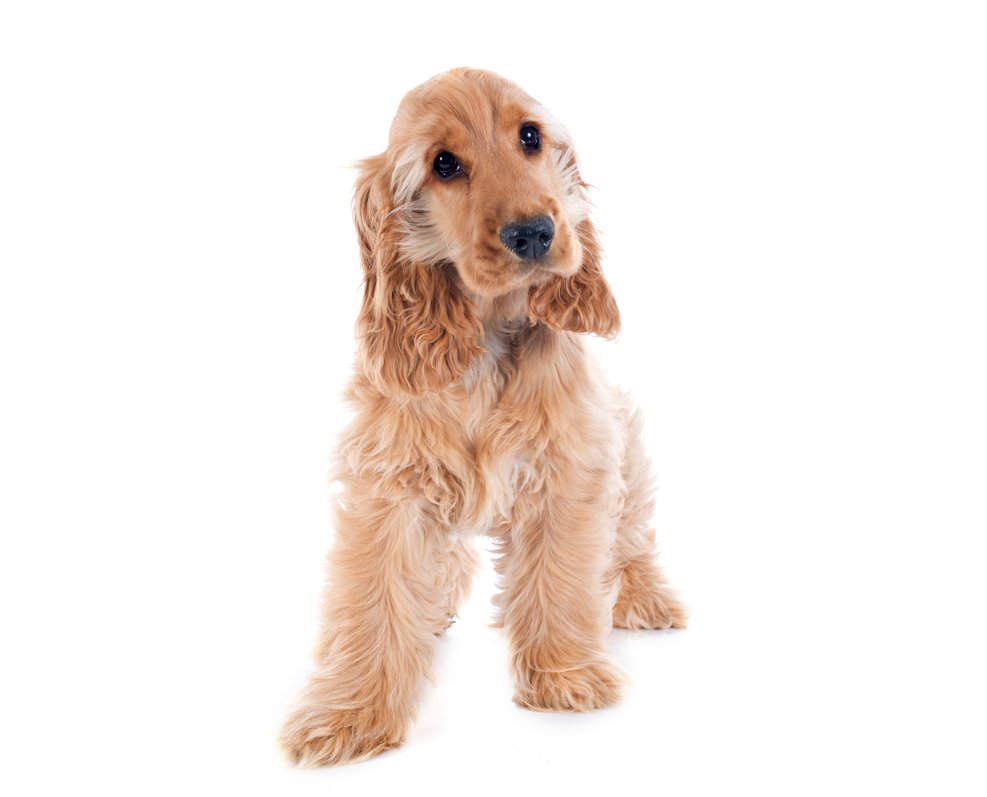
Cocker spaniels are intelligent dogs that are easy to train. They respond well to positive reinforcement, and love treats and praise. Cockers are good watchdogs and will bark to alert their owners of strangers or strange noises. However, they should not be left alone for long periods of time, as they can become anxious and destructive.
Cocker spaniels are active dogs that need daily exercise. They enjoy walks, runs, and playtime in the yard. Cockers should not be allowed to jump or run too much, as they are susceptible to joint problems later in life.
5. Schnauzer
The Schnauzer is a top hypoallergenic small dog that doesn’t shed. They are spirited, strong-willed, and very loyal to their family. This breed does well with other animals and children, making them a great choice for families.
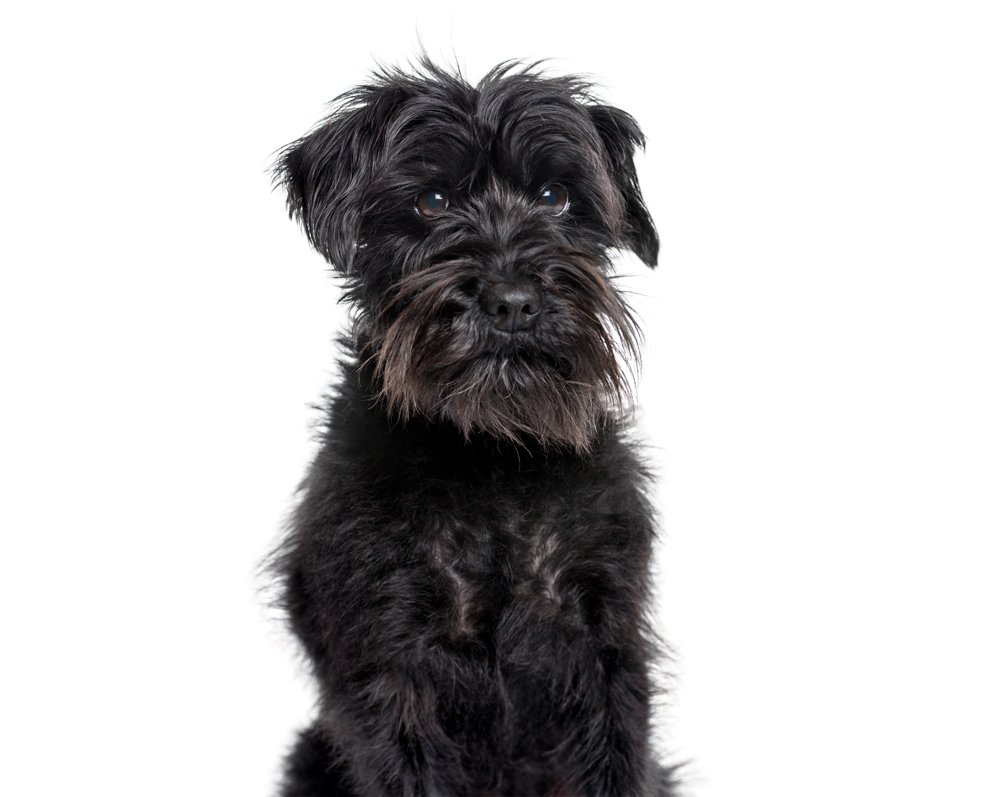
The Schnauzer loves to play fetch and will often retrieve anything you throw for them, including sticks and balls. They need a lot of exercises and prefer to live in a home with a backyard where they can run around. This breed loves to eat dry food and does well on a high-quality diet.
6. Boston Terrier
The Boston Terrier is a top hypoallergenic small dog that has become popular in recent years. They are very affectionate and make great family pets. They are also very easy to train and are good with children.
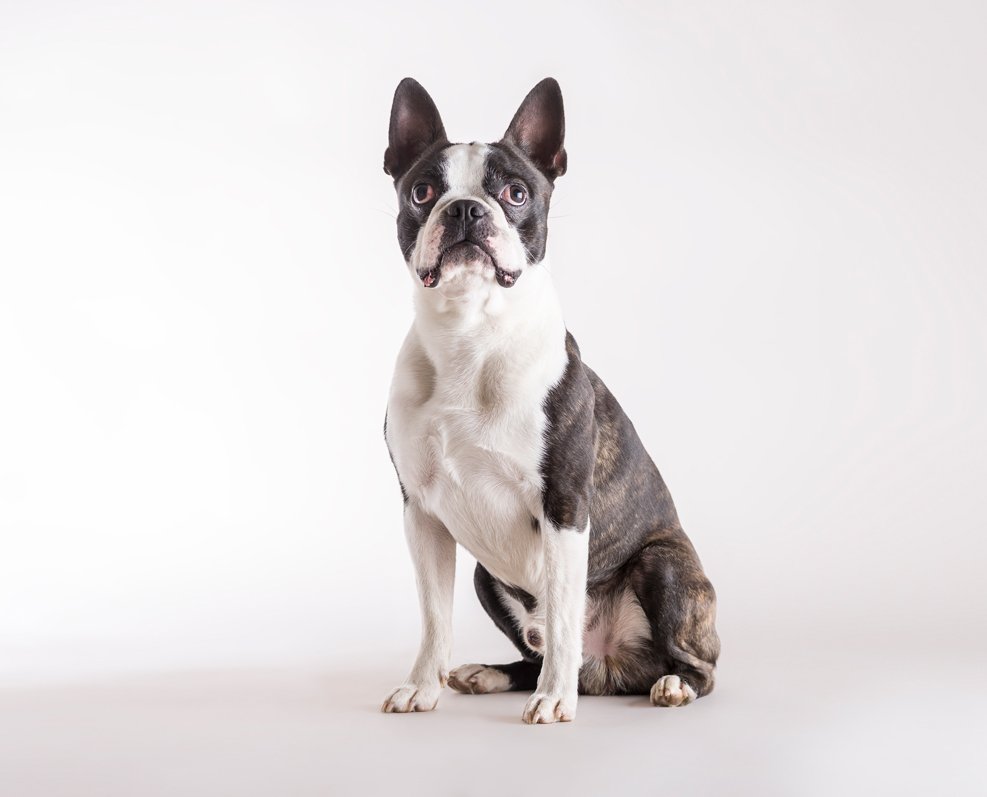
Boston Terriers need to be exercised daily and should not be left alone for long periods of time. They are also very active indoors and do not need a lot of space. Boston Terriers love to eat all kinds of food, but they especially enjoy chicken and beef. They prefer to live in warm climates and do not like the cold weather.
7. Welsh Corgi
Welsh Corgis are an ancient breed of dog, dating back to the 1100s. They were originally bred in Wales to be working dogs on farms, herding cattle, and sheep. Today, they are still used as working dogs on some farms, but they also make great companion animals. Welsh Corgis are intelligent and lively dogs that are easy to train. They are also very loyal and affectionate, making them great family pets.
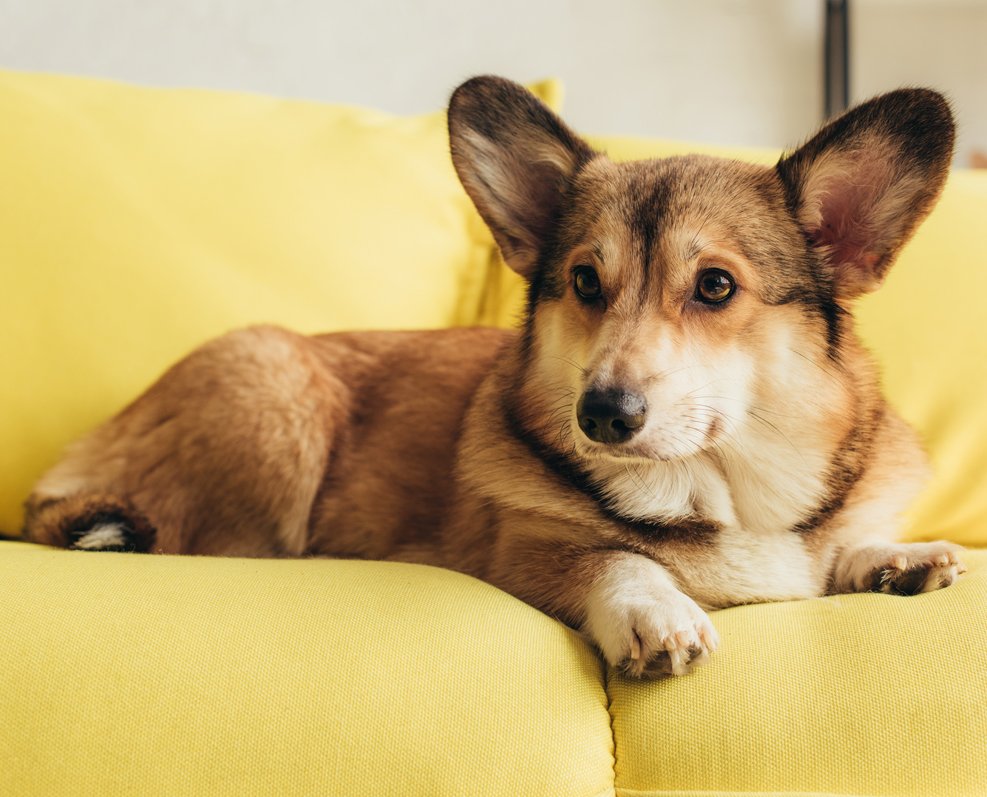
Welsh Corgis need moderate exercise and prefer to live in a home with a yard where they can run and play. They do not do well in apartments or small spaces. Welsh Corgis are relatively low-maintenance dogs, but they do need to be groomed regularly. They are also prone to a few health problems, so it is important to make sure you are getting a healthy Welsh Corgi puppy from a reputable breeder.
8. Shih Tzu
The Shih Tzu is a small, lively dog that loves to play and has a very loyal personality. They are hypoallergenic and do not shed much, making them a good choice for people with allergies. Shih Tzus are intelligent dogs that are easy to train. They enjoy being around people and do not do well if left alone for long periods of time. Shih Tzus must be groomed regularly and require a fair amount of exercise.
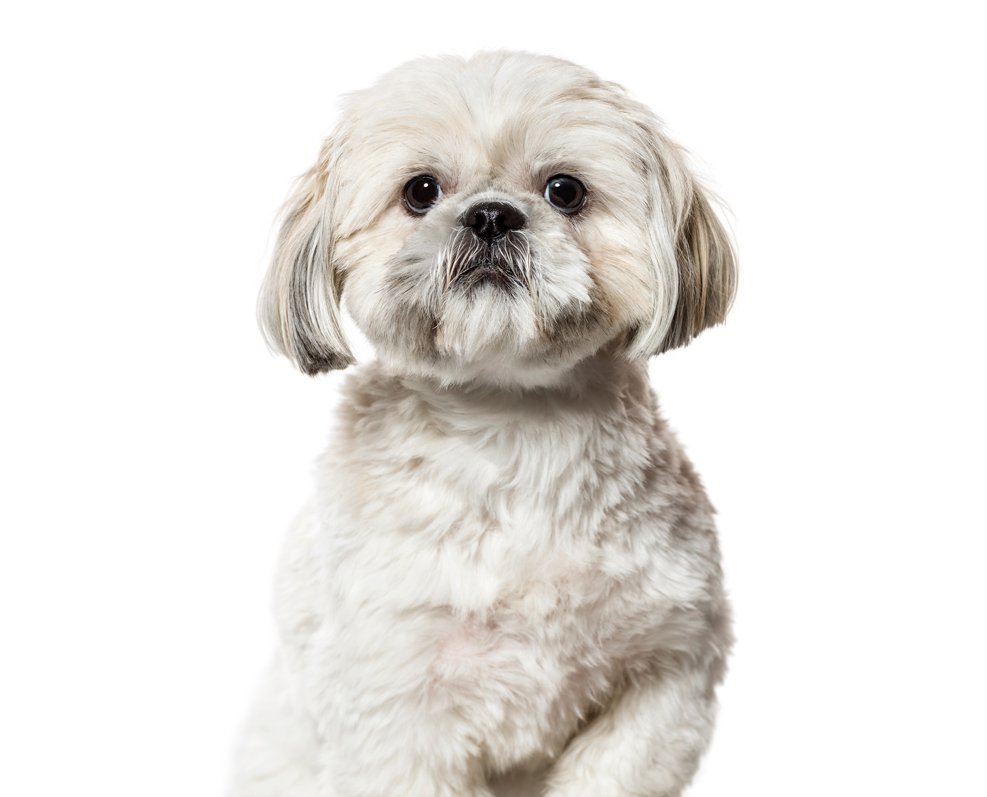
Shih Tzu is very sturdy for canines their size, weighing between 9 and 16 pounds and standing between 8 and 11 inches. The Shih Tzu is renowned for its exceptional compassion for kids. They are an excellent companion if you live in an apartment or lack a large backyard because they are small dog that was bred to spend most of their day within royal palaces. A Shih Tzu’s idea of fun is sitting on your lap and acting lovely while you attempt to watch TV.
9. Bedlington Terrier
The Bedlington Terrier is a small, hypoallergenic dog breed that is known for its lamb-like appearance. The breed is named after the town of Bedlington in Northumberland, England, where it was first developed in the early 19th century. The Bedlington Terrier was originally bred as a working dog for hunting and rat-catching, but it is now more commonly kept as a pet.
The Bedlington Terrier has a small, compact body and a distinctive topknot of curly hair on its head. The breed comes in a variety of colors, including blue, liver, and sandy. Bedlington Terriers are active dogs that need plenty of exercises but are also known for being gentle and good-natured.
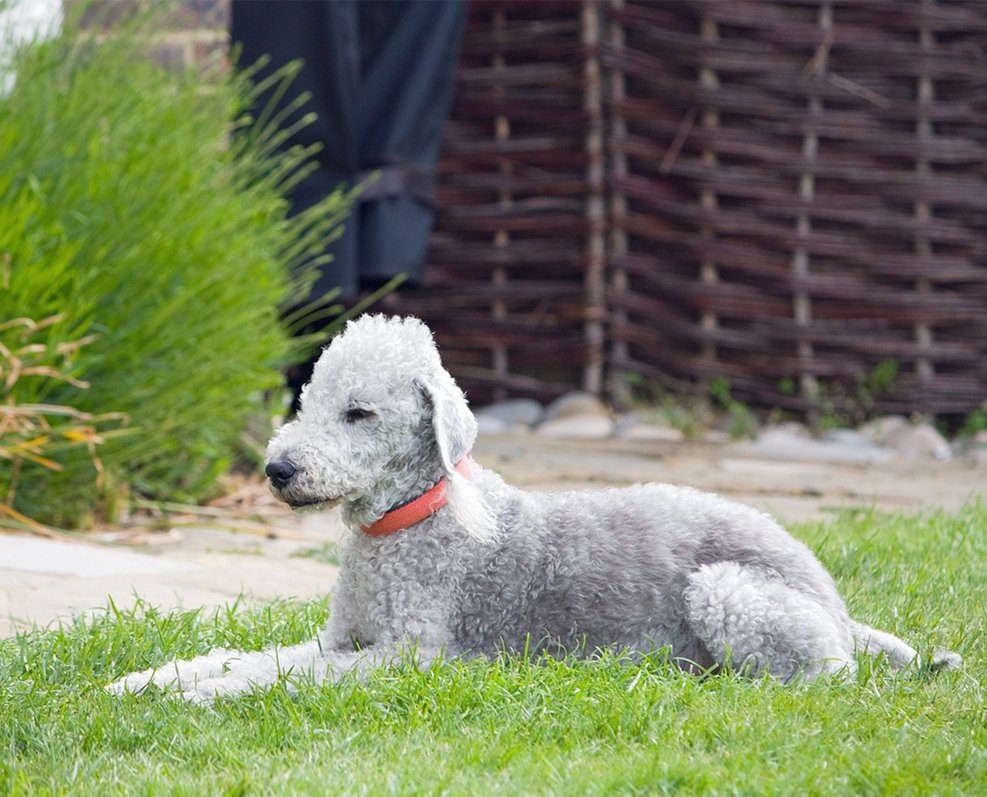
When it comes to food, Bedlington Terriers love meat and will often beg for table scraps. The breed is also fond of chasing small animals, so it is important to keep them well-exercised to prevent them from becoming bored or destructive. Bedlington Terriers are generally healthy dogs, but they can be prone to certain health problems, such as kidney disease and hip dysplasia.
Bedlington Terriers do best in homes with yards where they can run and play. They are also relatively easy to train and make good watchdogs. However, their hunting instincts mean that they should not be left alone with small pets.
If you are looking for a hypoallergenic small dog breed that is gentle, active, and good-natured, the Bedlington Terrier may be the right breed for you.
10. Australian Silky Terrier
Australian Silky Terriers are one of the top hypoallergenic small dogs that people love. They have a beautiful coat of fur that is silky to the touch. They are also very playful and energetic, making them great companions for children. Australian Silky Terriers need to be brushed regularly to prevent their fur from matting. They also need plenty of exercise and should not be left alone for long periods of time.
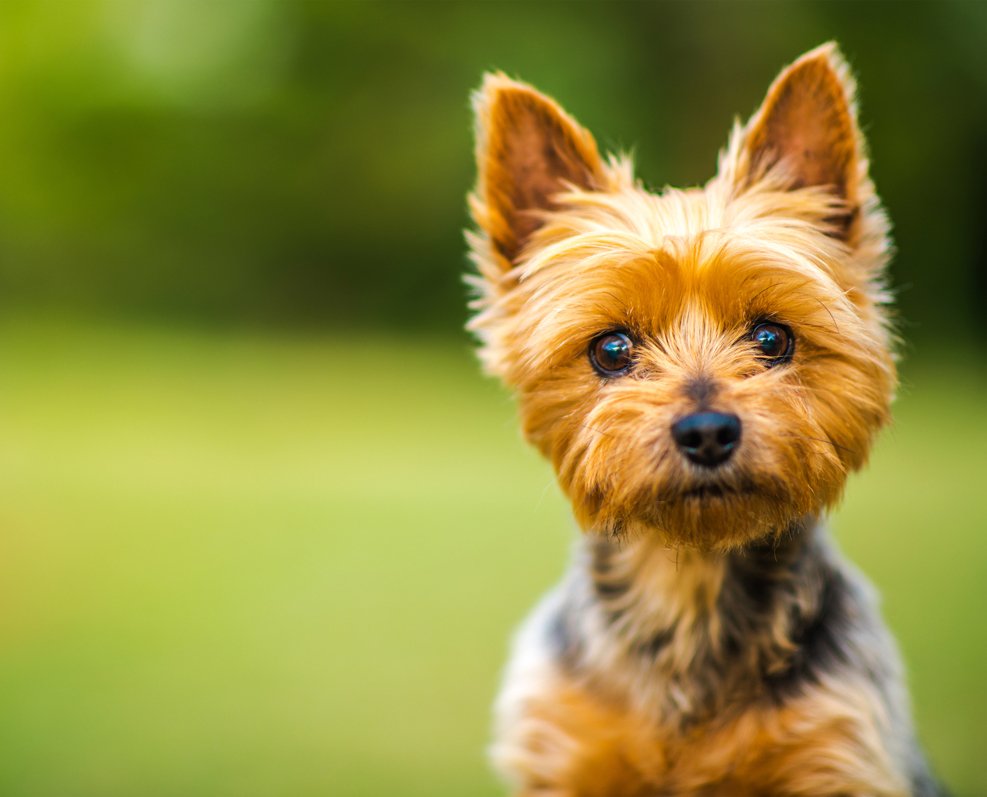
The Australian Silky Terrier was originally bred to hunt rodents and other small animals. The Silky Terrier was first brought to America in the early 1900s and became a popular companion dog. They are still relatively rare compared to other small breeds. The Silky Terrier is a lively and playful breed that loves to play with toys.
Conclusion
As you can see, there are a number of different hypoallergenic small dogs to choose from. Each breed has its own unique set of characteristics and needs, so it’s important to do your research before deciding on which one is right for you. For example, some breeds require more exercise than others, and some may be better suited for families with children.
Once you’ve narrowed your choice from the top 10 hypoallergenic small dogs list, the next step is finding a reputable breeder or adoption agency. This will ensure that you get a healthy dog that has been properly socialized.
FAQs
What is the best hypoallergenic small dog breed for me?
The best hypoallergenic small dog breed depends on your individual needs and preferences. For example, some people may prefer a breed that doesn’t shed, while others may want a dog that is good with children. It’s important to do your research and talk to a breeder or adoption agency about which breed would be the best fit for you.
Do hypoallergenic small dogs require special care?
Some hypoallergenic small dog breeds may require special care, such as regular grooming or extra exercise. However, this will vary depending on the individual dog. It’s important to talk to a breeder or adoption agency about the specific needs of the breed you’re interested in.
Are hypoallergenic small dogs expensive?
The cost of a hypoallergenic small dog will vary depending on the breed and where you get it from. Some breeds may be more expensive than others, and purebred dogs typically cost more than mixed breeds. However, there are a number of ways to get a hypoallergenic small dog without breaking the bank, such as adopting from a shelter or rescue organization.
